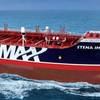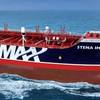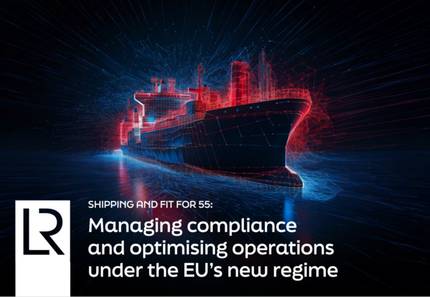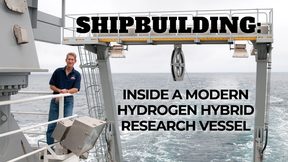Panama Canal, PortMiami Renew MOU as Port Welcomes MOL Majesty
Today, another milestone agreement was reached as Panama Canal Administrator and CEO Jorge L. Quijano and PortMiami Director Juan M. Kuryla renewed a Memorandum of Understanding (MOU) to promote trade opportunities and share best customer practices.
The renewal of the MOU—which extends the 13 year-plus alliance enjoyed by both parties—demonstrates the value of the Panama Canal and its commitment to US East Coast ports. It also coincides with a ceremony held by PortMiami to celebrate the arrival of the MOL Majesty, the first Miami-bound Neopanamax vessel to transit the expanded Canal.
Owned by Mitsui O.S.K. Lines, Ltd, the MOL Majesty measures 302 meters (990.81 feet) in length and 43.4 meters (142.39 feet) in beam, and called upon the port amidst much fanfare.
Administrator Quijano attended Saturday’s celebration where he delivered remarks about the added trade opportunities and economic benefits the agreement will bring to their respective regions.
“This is a great day that signals the beginning of a new era for shipping,” said Mr. Quijano. “For the first time, we have these mega vessels transiting our waterway and calling at your port. This groundbreaking development will undoubtedly bring economic prosperity, as well increased opportunities and revenues to both PortMiami and the Panama Canal.”
Thirteen years ago PortMiami and the Panama Canal Authority first signed its MOU. Since then, PortMiami has invested in a number of critical infrastructure improvements to deepen its channel to accommodate Neopanamax vessels, and improve the traffic flow and movement of the cargo it receives.
With the new locks now operational, Neopanamax ships have begun transiting the waterway toward US Gulf and East Coast ports, such Port of New York and New Jersey and Houston, and are expected to call on additional ports which are similarly investing in infrastructure projects to take advantage of the Canal Expansion. Neopanamax ships transiting the Panama Canal have also headed to ports in Asia and the Caribbean, such as Cartagena.
Not only has the Canal successfully transited these vessels through its expanded waterway, several of them have called at Panamanian port terminals to discharge and load cargo on the way to its final destinations, thus making full use of the connectivity offered at the Panama Canal.













